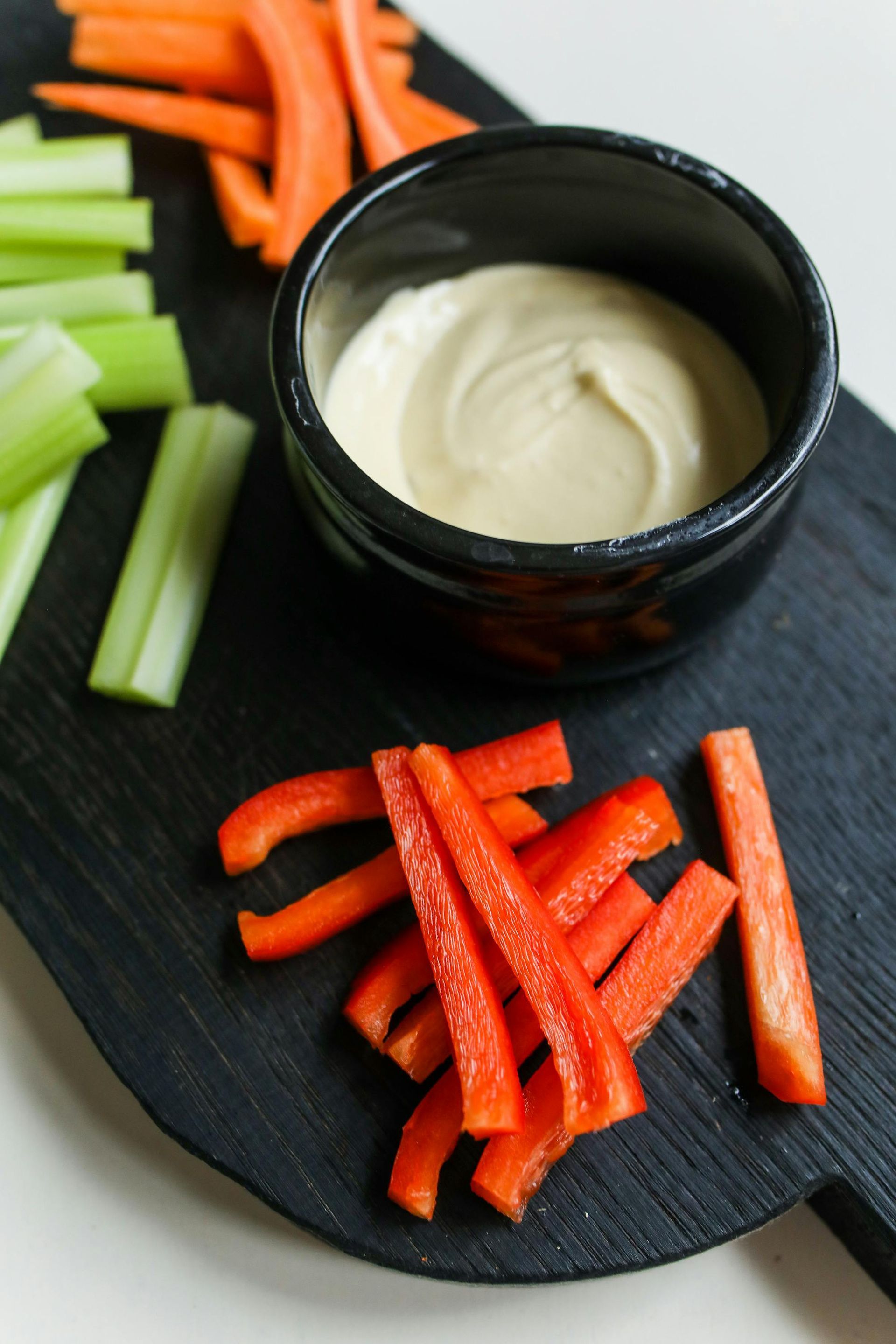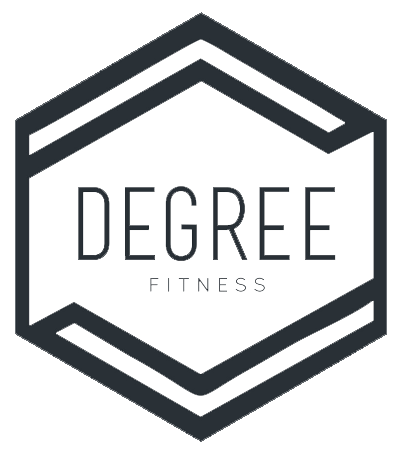The Benefits of Restorative Yoga
Written By: Coach MJ
“Be at least as interested in what goes on inside you as what happens outside. If you get the inside right, the outside will fall into place”
– Eckhart Tolle
Restorative yoga is a style of yoga that is relaxed and slow paced. You use props such as pillows, blankets, towels, blocks or bolsters to support you in a pose that is held for longer lengths of time, helping to make you feel comfortable in body and mind to find a sense of calm and peace. When you find that place of comfort and support you will learn or relearn the skill of letting go of the business in our minds to find a sense of release, working on finding a place of deep relaxation. It takes time and practice to truly allow the mind to let go.
Restorative yoga has many benefits to help you in your daily life.
Reduce stress - taking time to slow down and clear your mind allows you, even for a short period of time, to let go of the stress you may be feeling. Your body has time to just be and let go of the tension you are holding on to.
Better sleep – we live in a constant state of fight or flight mode that our central nervous system is continuously checking in to see what we need. We have a hard time falling asleep or when we finally do, our sleep is not the deep sleep we need. Learning to slow down using our breath as we settle in, work on the skill to relax our mind and feel supported with our props can help you let go and just be in the moment. Your coach will guide you through the practice and be there to support you.
Relax your body – again as we use the props for support and our breath to calm our mind we can in turn allow the body to truly relax and let go. The poses are held to open up gently, not stretch or pull. The goal is to allow any tension we are holding to release and let go.
There is no one size fits all for the poses that we do. What works for one person may not be comfortable for another. That is one reason the class size is kept small to allow your coach to assist you to find the perfect combination of props and position to help you adjust your pose to find that perfect combination to sink in, relax and let go!
To find out more contact Coach MJ at maryjane@degreefitnessseaforth.com . Ask about our upcoming classes, or personal sessions are available!



